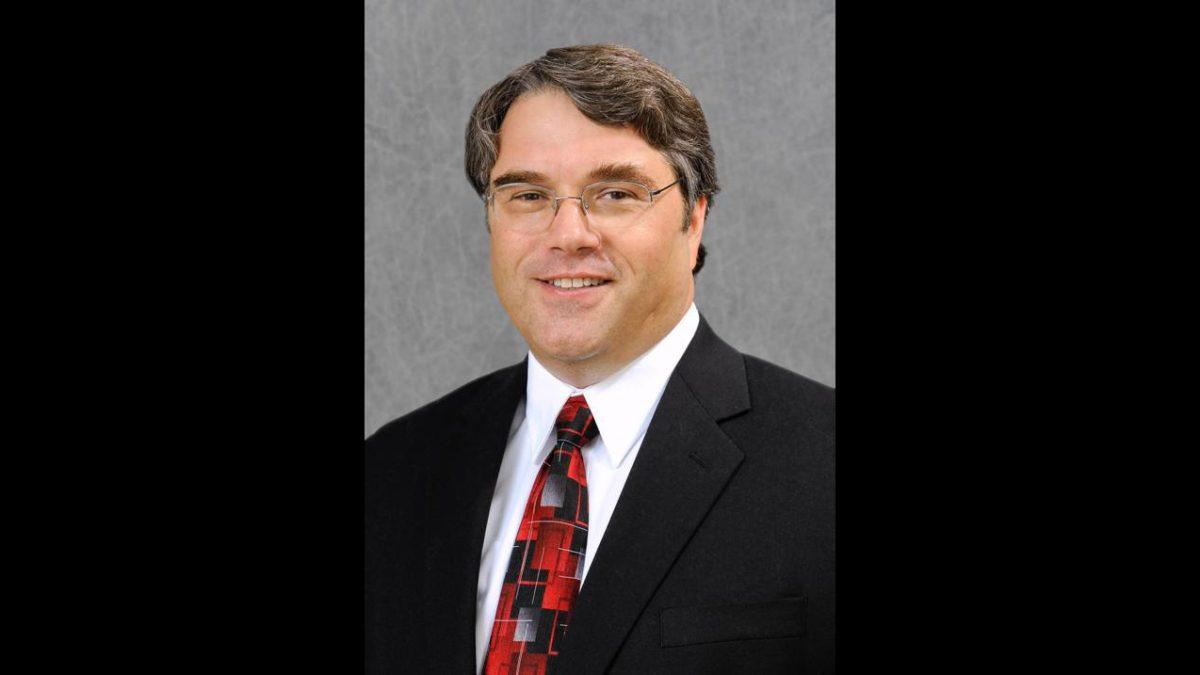Chris Frey, an NC State professor in the Department of Civil, Construction and Environmental Engineering, was appointed by the Biden-Harris administration to be the deputy assistant administrator for science policy in the U.S. Environmental Protection Agency’s (EPA) Office of Research and Development (ORD). His new role at the EPA encompasses a variety of responsibilities, from drafting proposals for Congress to overseeing long-term research.
According to Frey, his time at NC State has been instrumental in his transition to the ORD. He sees research and teaching as closely related, and his experience at NC State has overlapped with the EPA in the past.
Now, Frey has taken an official role in the ORD at the federal level. His office is charged with developing the methods and tools that support the other regulatory programs of other offices, such as the Office of Land and Emergency Management. In practice, that translates to long-term research to support the abiding needs of the EPA.
“For example, something that ORD has done for decades is develop new methods in computational toxicology,” Frey said. “The goal is that, someday, we hope these methods can reduce the need for animal-based testing to get toxicological data.”
Some of the more challenging problems facing the EPA as a whole include climate change, environmental justice in impacted communities and the COVID-19 pandemic. The ORD is geared toward contributing to advancing research and science in those areas and asking what the agency as a whole could be doing to support the priorities of the administration.
As the EPA is a federal agency, they are also tasked with responding to Congress in terms of receiving appropriations and authorization for programs. According to Frey, it’s key to be mindful of the intersection of science and policy, especially in the context of national politics.
“My role is partly like a policy role, but it’s at the interface of science and policy,” Frey said. “How do we translate policy into a science agenda that will meet these policy goals and advance the science?”
Frey also strives to be cognizant of the future when it comes to the EPA’s priorities. Oftentimes, research that is being done in the present has countless implications for the future, and no decision is made lightly.
“The combination of the three main administration policies — scientific integrity, climate and environmental justice — are among the main focus that I have, but I also want to make sure that the ORD has the foundation to be a robust, first-class science organization into the future,” Frey said. “The things we decide now will affect the ORD a decade from now.”
Before taking on his new role in the ORD, Frey was an involved professor in the College of Engineering — specifically, in the Department of Civil, Construction and Environmental Engineering. Technically, he will remain on a leave of absence during his time at the EPA and plans to return as soon as his tenure as deputy assistant administrator is finished.
“My work at NC State has largely been in terms of research and teaching and service,” Frey said. “My own research has been focused on a few main areas, and one has been measurement and modeling of both on-road and non-road vehicle energy-use admissions. I’ve done that for a couple of decades, and that’s one of my most active research areas as I come into this position.”
According to Frey, the knowledge that he will bring to NC State after his time at the EPA will be invaluable.
“The reason I’m able to do this is because I have support from my department in my college, and they encourage this and recognize the value of it to NC State,” Frey said. “Even though I’ll be gone from NC State for a little while, there’s the benefit of what I’ll bring when I come back that will enrich the research program and the education program.”
Frey is teaching a course at NC State this semester, despite his new day job. To help with the workload, he enlists the help of a “super-TA” to manage the course logistics behind the scenes while Frey continues to give lectures.
After 27 years as an NC State professor, Frey is immensely thankful for the opportunities he’s had during his time at the University. From the support within his department in the College of Engineering to his enjoyment of student discussion during his lectures, Frey is looking forward to returning after his time as deputy assistant administrator for the ORD at the EPA.













